Lebanese Parliament Speaker Nabih Berri (L) welcomes Saudi Arabia’s Foreign Minister Prince Faisal bin Farhan for their meeting in Beirut during bin Farhan’s one-day visit to Beirut that marked the first by a high-ranking Saudi diplomat in 15 years. Photo courtesy of Lebanese Parliament/EPA-EFE
BEIRUT, Lebanon, Jan. 23 (UPI) — Saudi Foreign Minister Prince Faisal bin Farhan said Thursday that the oil-rich kingdom stands by Lebanon, but stressed that the war-ravaged, crisis-ridden country needs to adopt necessary reforms and adhere to the cease-fire agreement that ended the war between Hezbollah and Israel.
Bin Farhan, the first Saudi top diplomat to visit Lebanon in 15 years, said his country “looks with optimism” to the future of Lebanon, which still is suffering from the 2019 financial crisis and is emerging from a destructive, 14-month Hezbollah-Israel war.
He stressed after a meeting with Lebanese President Joseph Aoun “the importance of adhering” to the cease-fire agreement that the United States and France brokered Nov. 27 to end the military confrontation between Hezbollah and Israel.
“This includes the complete withdrawal of the Israeli forces from Lebanese territories,” bin Farhan said, emphasizing the importance of implementing U.N. Security Council Resolution 1701 and all related international resolutions.
His remarks came three days before the 60-day deadline provided in the cease-fire agreement expires Sunday.
Under the accord, Hezbollah must end its military presence and withdraw to south of the Litani River, while Israeli forces should pull out completely to pave the way for the Lebanese Army to deploy and take control of the area within 60 days.
The 10,251-member United Nations peacekeeping forces, UNIFIL, was to assist the Lebanese Army in restoring stability to the southern region.
Resolution.1701, which was adopted in 2006 to stop a then 33-day war between Hezbollah and Israel, calls for a full cessation of hostilities.
Israel and Hezbollah have been exchanging accusations of violating the terms of the Nov. 27 cease-fire deal and warning that the truce could collapse.
Israel, which is facing strong U.S. pressure to pull out, has requested a 30-day extension for its withdrawal from south Lebanon, arguing that the Lebanese Army has been slow in redeploying, while Hezbollah still maintains its weapons infrastructure and forces in areas prohibited by the agreement, according to Israeli media.
Hezbollah, on its part, called on exerting pressures on Israel to ensure its complete pullout by Sunday, saying any delay would be “a flagrant violation” of the cease-fire agreement and “an infringement” of Lebanon’s sovereignty.
During the 60-day deadline, Israel kept bombarding targets in southern and eastern Lebanon, as well as demolishing houses and bulldozing border towns, while preventing residents from returning to their villages.
The war, which killed or wounded more than 20,000 people in Lebanon and displaced some 1.2 million, resulted in widespread destruction of villages, property, hospitals and schools in Beirut’s southern suburbs and in southern and eastern Lebanon.
Lebanon is in dire need of Arab and foreign funding to start reconstructing the war-ravaged areas and revive its economy. Contributions from Saudi Arabia and other rich Gulf countries are essential.
Bin Farhan said his country continues to stand by Lebanon, but emphasized the “importance of reforms” pledged by Aoun, who was elected on Jan, 9 after the presidential post remained vacant for 26 months.
Aoun, who has served as Army commander since 2017, vowed during his acceptance speech to rebuild the state, adopt a policy of “positive neutrality, implement international resolutions and fight corruption and terrorism.
He also emphasized the right of the Lebanese state in “monopolizing weapons” in a direct allusion to the heavily armed Hezbollah.
The Lebanese president described bin Farhan’s visit as “a message of hope” that would allow the strengthening of bilateral relations, recalling the “historical ties” between the two countries.
Aoun’s election and the nomination of Nawaf Salam, a diplomat and president of the International Court of Justice, as the new Prime Minister, revived new hopes for crises-ridden and corruption-plagued Lebanon. Both new leaders are known for their integrity, clean hands and trusted personalities — with successful records.
“Implementing these reforms is to consolidate the confidence of Lebanon’s partners,” said bin Farhan, calling on the Lebanese leaders to “seize the opportunity and work in a serious way to strengthen Lebanon’s security and sovereignty and preserve its institutions.”
The visiting Saudi top diplomat also met with House Speaker Nabih Berri, caretaker Prime Minister Najib Mikati and Prime Minister designate Nawaf Salam during his short visit to Beirut.
Salam vowed to proceed with “the required political, judicial, administrative and financial reforms” and expressed his commitment to “returning Lebanon to its natural Arab environment and restoring its role alongside its Arab brothers.”
Saudi Arabia has long supported Lebanon, providing it with billions of U.S. dollars to boost its economy and reconstruct after the 1975-90 civil war and the 2006 Hezbollah-Israel war.
However, relations between the two countries have become strained over the past years because of Hezbollah’s growing control of Lebanon.
The Iran-backed militant group had harshly criticized and insulted Saudi rulers who had mounting concerns over Lebanon drifting away from its Arab arena and adopting Hezbollah positions, as well as over smuggling of drugs from Lebanon to Saudi Arabia and other Gulf countries.
#Saudi #foreign #minister #Lebanon #adopt #reforms #adhere #ceasefire #Israel

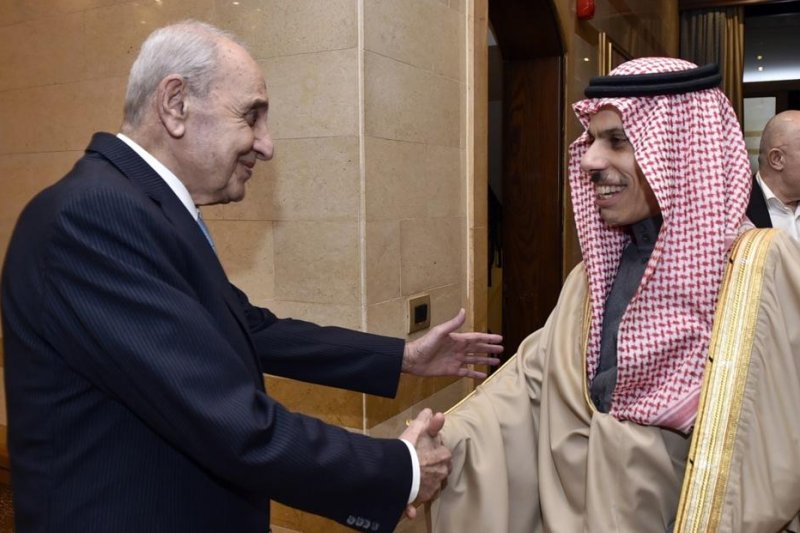

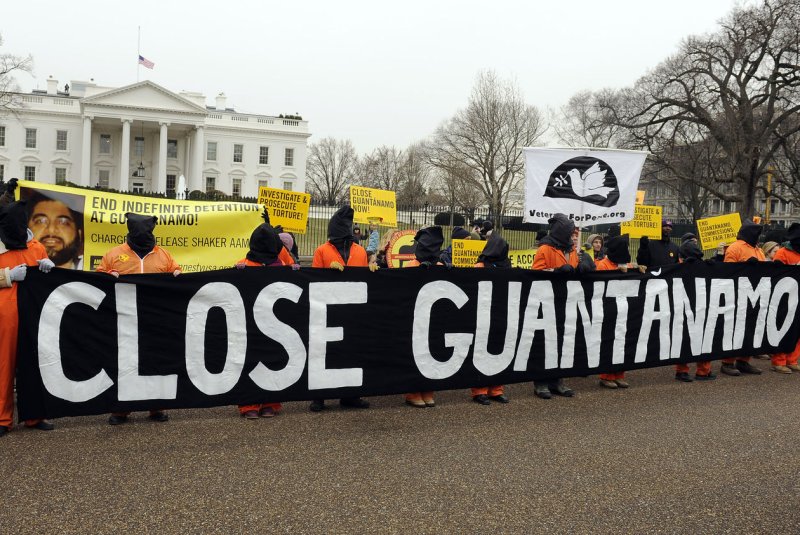
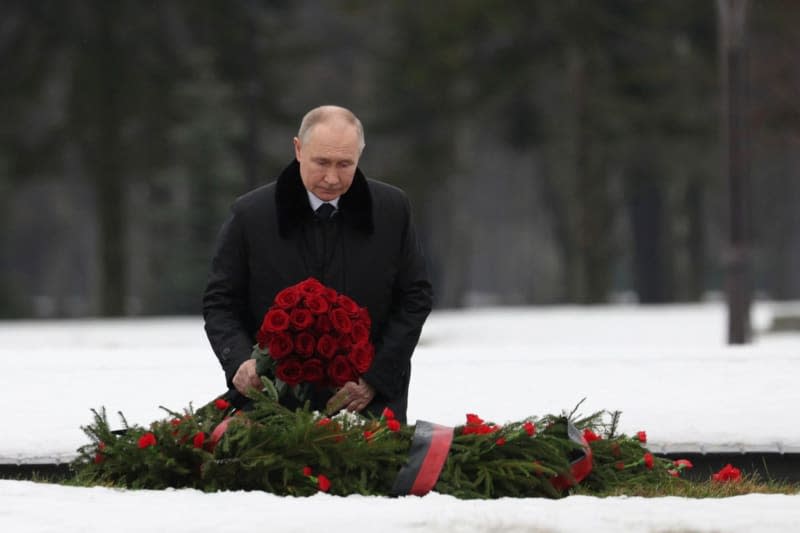


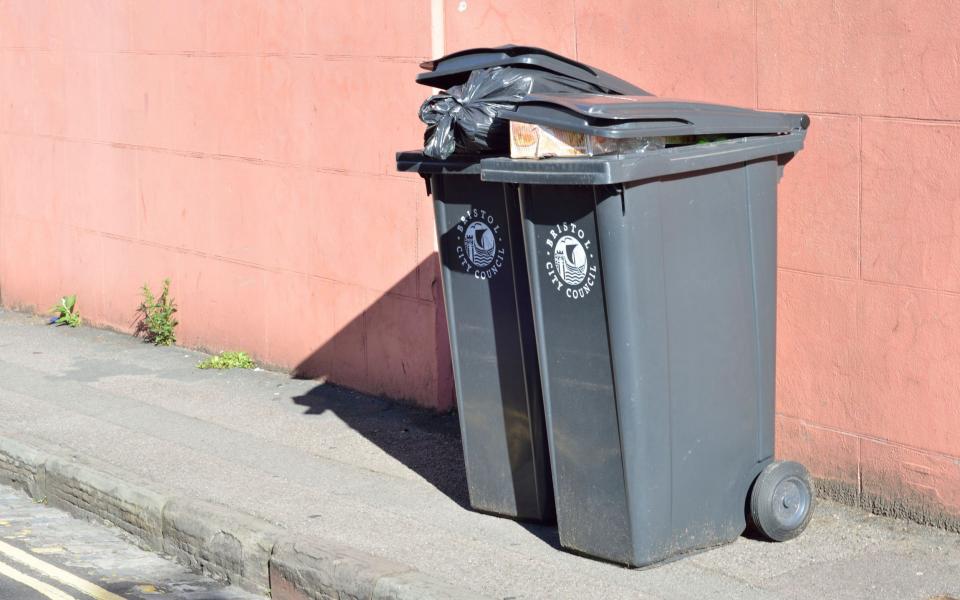
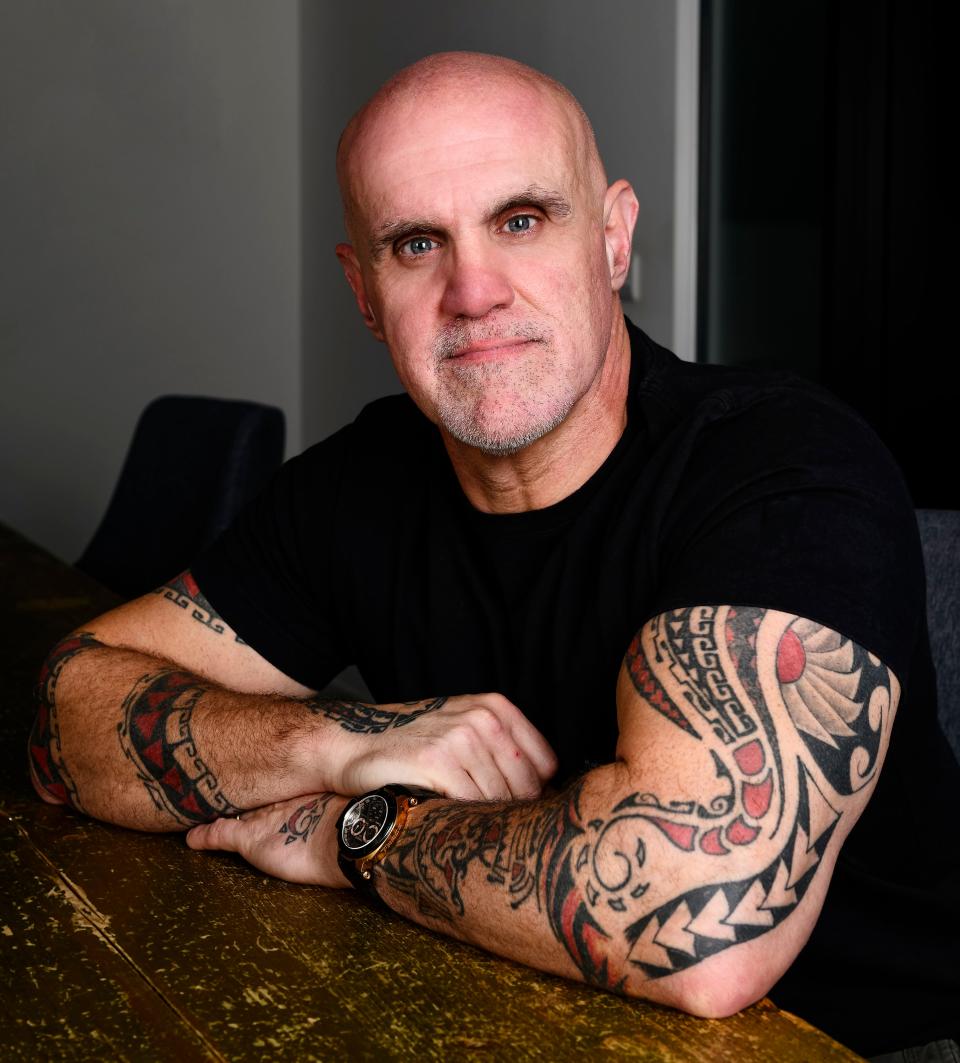
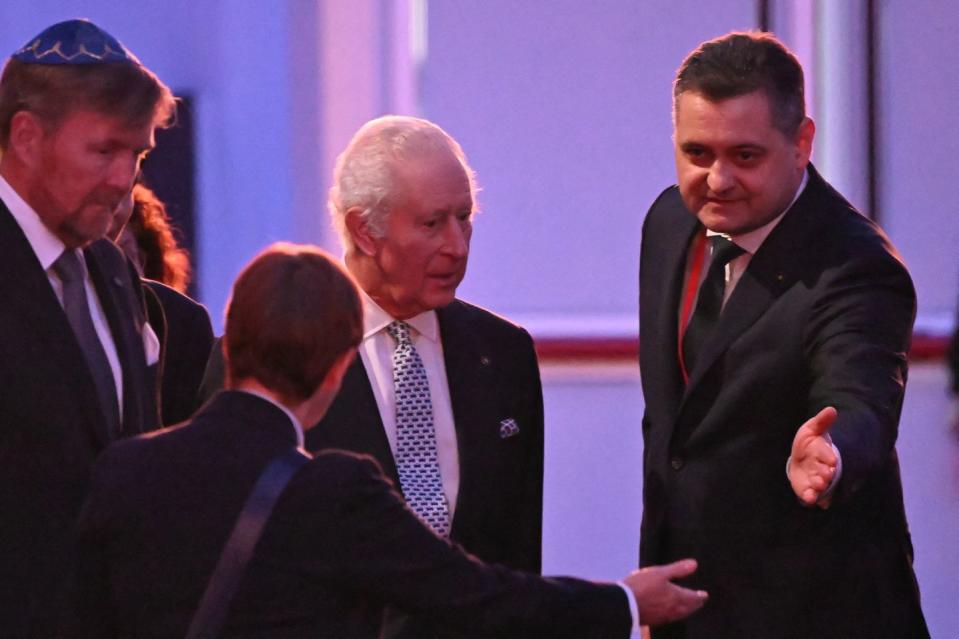

Leave a Reply